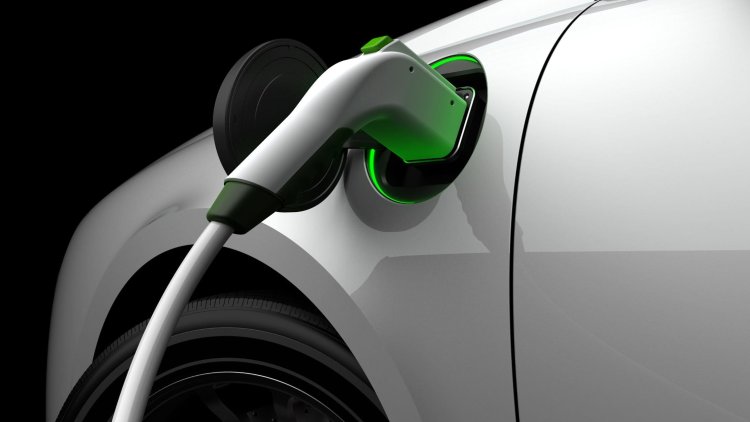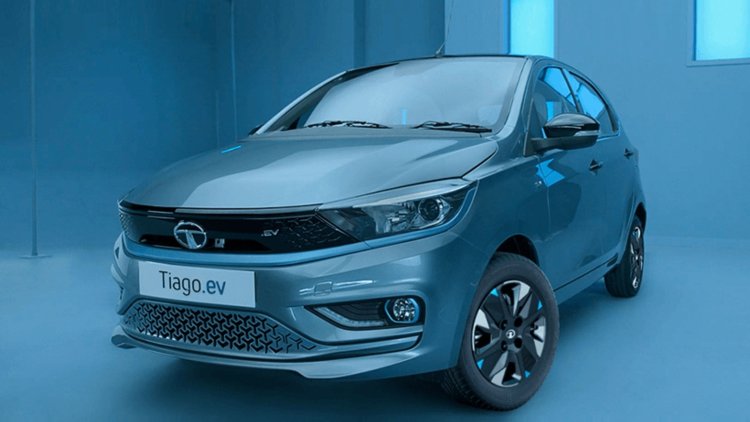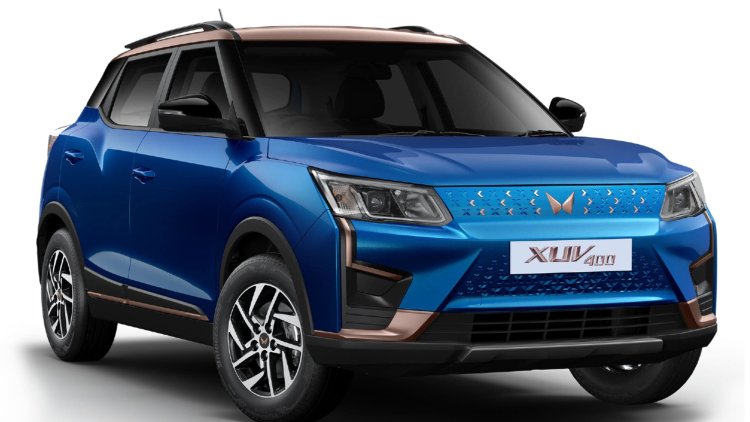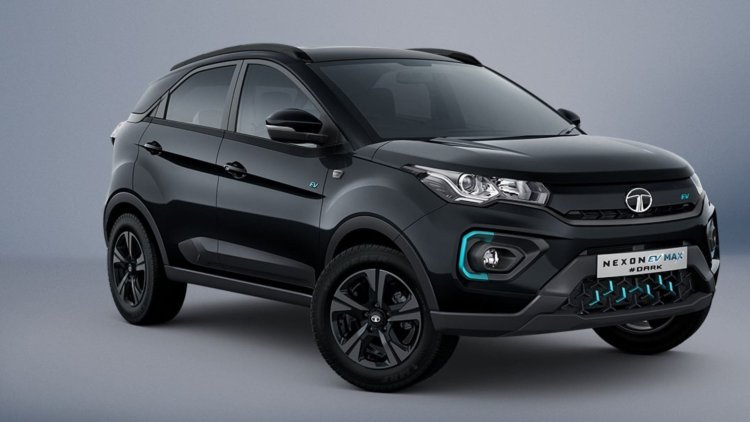An Insight into Electric Cars: Revolutionizing India's Automotive Landscape
Electric Cars: Changing the Game in India's Auto Industry! Discover how electric vehicles are transforming the way we drive and paving the path toward a cleaner, greener future.

Electric cars have emerged as a game-changer in the global automotive industry, presenting a sustainable and eco-friendly alternative to traditional petrol and diesel vehicles. In recent years, India has also witnessed a significant surge in the adoption of electric cars, driven by government initiatives, technological advancements, and environmental consciousness. This article aims to provide an insightful overview of electric cars in India, highlighting their benefits, challenges, and the current state of the market.
Read more: MG Comet EV Unveiled: Specs, Range, and Competitors
Government Initiatives: The Indian government has implemented several policies and initiatives to promote the adoption of electric cars. The Faster Adoption and Manufacturing of Hybrid and Electric Vehicles (FAME) scheme launched in 2015 provides incentives for electric vehicle (EV) buyers and supports research and development in the EV sector. Additionally, the government has set a target to achieve 30% electric vehicle penetration by 2030, signaling a strong commitment towards a cleaner and greener future.
Environmental Advantages: One of the primary reasons for the growing popularity of electric cars is their minimal environmental impact. Electric cars produce zero tailpipe emissions, reducing air pollution and combating climate change. As India battles with alarming pollution levels in major cities, the shift towards electric cars can play a crucial role in improving air quality and mitigating the adverse effects of vehicular pollution.
Suggested: Drive with peace of mind: Discover India's top 10 safest cars and their standout features
Cost and Operational Benefits: While the upfront cost of electric cars remains relatively high, the operational expenses are significantly lower compared to conventional vehicles. Electric cars have lower maintenance costs as they have fewer moving parts and do not require regular oil changes. Moreover, with reduced reliance on fossil fuels, electric car owners can benefit from lower fuel costs, especially as electricity prices remain comparatively stable.
Charging Infrastructure: The availability of robust charging infrastructure is crucial for the widespread adoption of electric cars. In recent years, India has witnessed significant progress in the development of charging stations across the country. Public and private entities are actively investing in setting up charging stations at strategic locations such as malls, office complexes, and highways. However, further expansion and standardization of charging infrastructure are necessary to address range anxiety and facilitate long-distance travel.
Read more: Skoda plans to launch six all-electric vehicles by 2026
Range and Battery Technology: The range anxiety associated with electric cars has been a concern for potential buyers. However, advancements in battery technology have significantly improved the range of electric vehicles. Indian manufacturers are investing in research and development to enhance battery performance, reduce charging time, and increase driving range, making electric cars a more viable option for everyday commuting.
Market Outlook and Challenges: The electric vehicle market in India is witnessing steady growth, with several international and domestic manufacturers introducing electric car models. However, challenges such as high initial costs, limited model options, and the need for a widespread charging infrastructure hinder the mass adoption of electric cars. Government support, technological advancements, and collaborations between stakeholders will be critical in overcoming these challenges and accelerating the electric vehicle revolution.
Electric cars have the potential to revolutionize India's automotive landscape, offering a sustainable and cleaner alternative to traditional combustion engine vehicles. The government's initiatives, combined with the environmental and cost benefits of electric cars, are driving their increasing popularity. While challenges exist, the ongoing advancements in technology and infrastructure development are paving the way for a future where electric cars dominate Indian roads, contributing to a greener and healthier nation.















